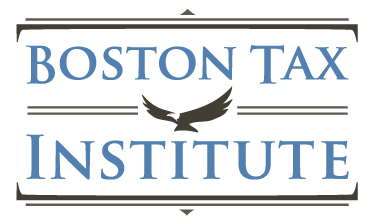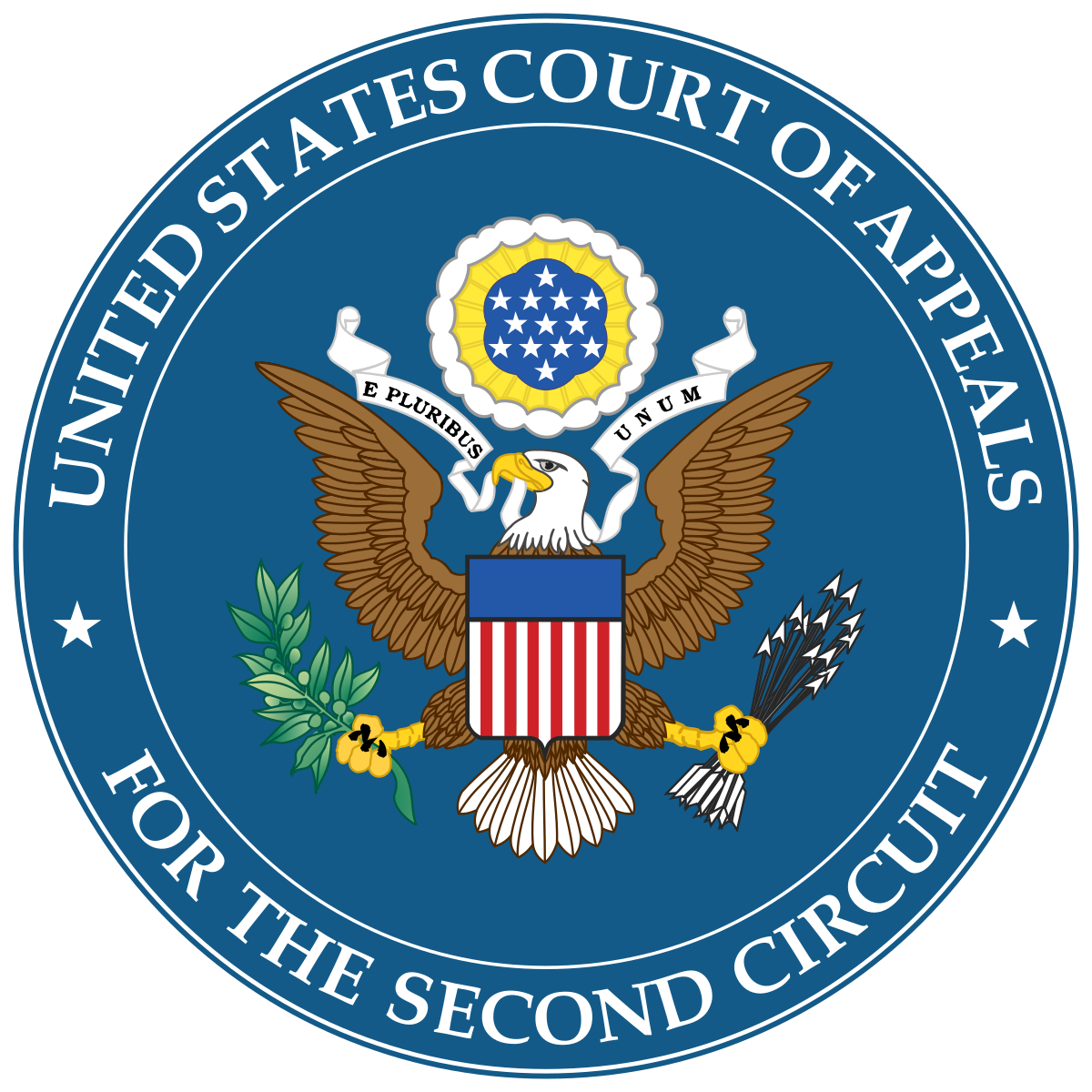The Second Circuit decision in Laurence Gluck”s appeal of a Tax Court decision has some important lessons, about like-kind exchanges, partnership taxation and Tax Court jurisdiction. With a deficiency over $1.5 million, it seems like a pretty big deal. Based on this CUNY TV interview with Mr. Gluck a year before the 1031 deal, it is maybe not that big a deal to him. Stellar Management which he founded claims over 13,000 apartments and three million square feet of office and retail space under its corporate umbrella.
1031 And Partnership Interests
Section 1031 is one of those code sections that is in the active vocabulary of nontax people – like 401(k) and 501(c)(3). Prior to 2017 it allowed us to defer gain on all sorts of property “held for productive use or investment” by exchanging for property of like kind. You can do your exchange with a qualified exchange facilitator who will take the sales proceeds and use them to buy a property that you identify subject to strict deadlines and rules about who can or cannot be an exchange facilitator.
Since 2018, 1031 has only applied to real property. In 2012, the year of the return in question, there was a list of things excluded from 1031 like “stocks, bonds and notes”. The one that really intrigued me was “choses in action” – never quite figured out what those are. Also on the list was “interests in a partnership” (1031(a)(2)(D)).
The exclusion of partnership interests from 1031 gave rise to a sort of mini-industry of TICs (Tenancy in Common). That was a way to allow partial interests in real estate to be good 1031 vehicles. In Revenue Procedure 2002-22 the IRS outlined the preconditions it expected before being asked to rule that a TIC was not a partnership interest. One of them is “The co-ownership may not file a partnership or corporate tax return“. Remember that.
The Exchange
In 2012 Mr. Gluck and his spouse Sandra Prusock sold a condominium in NYC for $10,214,000. The money from the sale went to an exchange facilitator. They identified 145 East 74th Street in Manhattan as a target property and formed a disregarded LLC to act as the ownership vehicle. And then:
On November 29, 2012, the LLC executed a contract in which it purported to acquire, for $4,625,000, a 12.5% interest in the Property. (Emphasis added)
The Partnership
It turns out that the TIC members were allowing a partnership return to be filed. 2012 was business as usual with the Gluck’s LLC being shown as a new partner with a $17 million plus tax basis capital account. There was 754 depreciation computed that appears to have not taken into account the reduced basis from the deferred gain. (That was not mentioned in either opinion. It comes from me nosing around in the exhibits).
The Gluck return did not reflect either the partnership K-1 nor any income from the property. There is not a lot of discussion of that. Here’s the thing I can tell you now that I have been retired from active practice for several years. On really big complicated returns with lots of moving parts, that sort of thing can happen. At any rate, it appears that it was a small loss in 2012 thanks to the possibly over generous depreciation deductions.
What got the IRS excited was that the TIC was a partnership interest which blows up the 1031 exchange.
How It Gets Weird
The partnership, which is referred to as G&P, is considered a TEFRA partnership. That acronym stands for the Tax Equity And Fiscal Responsibility Act. TEFRA passed in 1982 and the partnership provision was part of the long running war on tax shelters. A partnership that meets certain requirements is referred to as a TEFRA partnership.
If the IRS has an issue with a TEFRA partnership it fights one battle with the partnership about partnership issues. It does not have to fight the battle over and over again with each of the partners. What this means is that if you are a partner in a TEFRA partnership, the K-1 is gospel unless the IRS forces a change. Your only recourse is to file Form 8082 – Notice of Inconsistent Treatment with your return. The Glucks did not do that.
The IRS took the position that the TIC was a partnership interest making 1031 unavailable. IRS assessed the additional tax along with a 20% accuracy penalty, which they subsequently backed off from. The notice of deficiency that they sent invited the Glucks to contest the deficiency in Tax Court.
The IRS took a different tack in Tax Court. Since the partnership that claimed the Gluck LLC as a partner based on the cotenancy agreement was a TEFRA partnership, the Glucks could not contest anything that was “a partnership item”. Their LLC being a partner by virtue of the TIC acquisition is “a partnership item” in the IRS view. And that means that the Tax Court does not have jurisdiction.
Judge Lauber of the Tax Court agreed with the IRS about his court’s lack of jurisdiction and the Second Circuit now backs him up:
Glucks emphasize their view that nothing in the record reflects that they knew at the time of purchase that the existing Property owners operated as a partnership for federal tax purposes, contending that they should therefore be relieved of any adverse tax consequences related to their purchase. But the Glucks do not reference any authority for this position that undermines the reasoning set forth above. Instead, the Glucks’ argument underscores why it is so perplexing that they did not file a Form 8082 once they received a Schedule K-1 from G&P that was completely at odds with their claimed understanding of the purchase. The Glucks’ opportunity to resolve the proper characterization of their interest in the Property was when they received the Schedule K-1 informing them of the Partnership’s tax filing. Had the Glucks filed Form 8082, which is required for taxpayers choosing to make an election that is inconsistent with a partnership tax return, then they may have avoided the later computational adjustment. The consequence of their failure to file Form 8082 may be harsh, but it is the result that follows from the statute, and it is one that the Glucks could have with little effort avoided at an earlier stage.
It Would Be Good To Know
I think it is rather unfortunate that neither the Tax Court nor the Second Circuit got to the substance of the arguments. What is supposed to happen if you buy an undivided interest in real estate and all of a sudden you find yourself a partner in a partnership you did not know existed? Generally speaking you can’t become somebody’s partner without them letting you in and you can’t be drafted into a partnership.
Code Section 1031 no longer applies to anything other than real property. And the list of excluded items including “partnership interests” is no longer in the Code. The IRS has smuggled the list back in with Regulation 1.1031(a)-3 with the rationale that Congressional intent was not to have some real property that used to qualify not qualify or visa versa. So I would like to see the Glucks get a hearing on this, which may still be possible.
Lew Taishoff covered the Tax Court decision in 2020 with a post titled Who Dealt This Mess? . He added an update:
Edited to add, 3/28/22: My colleague Peter Reilly, CPA, backed with all the resources of Forbes and his own extensive knowledge, informs me that the Glucks appealed to 2 Cir, and got the “pore l’il ole Tax Court” treatment. I won’t comment, here, as I did to Mr Reilly just now, about my view of the quality of advice Mr. Gluck got in this deal.
We went back and forth a bit and he indicates that Mr. Gluck may still have the option to pay, claim a refund and sue in district court if he is denied, as one would expect he would be. All that was before the Second Circuit this time was whether the Tax Court has jurisdiction. Maybe there might be another look. Putting aside the 1031 issue, imagine if I wanted to lower my earnings. So I make you a partner in Risorgimento Productions LLC and send you a K-1 with $20,000 in ordinary income.
If you then fail to file Form 8082 are you just out of luck? To tell you the truth I don’t think Form 8082 is on the tip of everybody’s tongue.
Other Coverage
Kelley Miller had Gluck v. Commissioner – A Cautionary Lesson for Real Estate Investors Claiming Entitlement to Like-Kind Exchange Treatment on Bloomberg Tax concerning the Tax Court decision. It is available on the Reed Smith website as a download. It is quite a detailed piece.
Originally published on Forbes.com.
For great value continuing professional education. I recommend the Boston Tax Institute

You can register on-line or reach them by phone (561) 268 – 2269 or email vc@bostontaxinstitute.com. Mention Your Tax Matters Partner if you contact them.
































































































Do you mind if I quote a few of your articles as long as I provide credit and sources back to your site? My website is in the exact same area of interest as yours and my visitors would really benefit from a lot of the information you present here. Please let me know if this okay with you. Appreciate it!